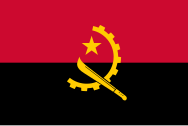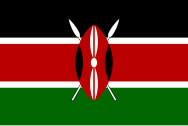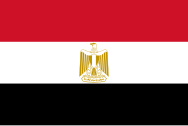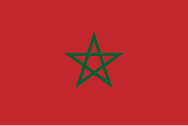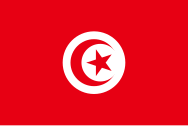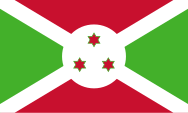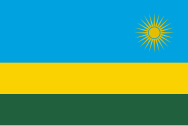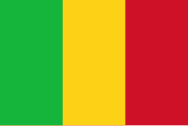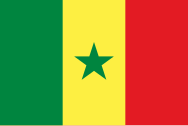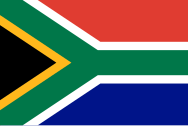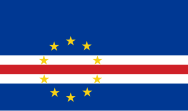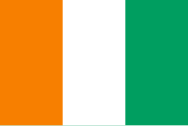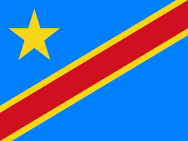- Zambia - History
- Zambia - Kingdoms
- Zambia - Royal Archives
- Zambia - Treaties
- Zambia - Economy
- Zambia - Technology
- Zambia - Diaspora
- Zambia - Culture
- Zambia - Migration
- Zambia - Museums
- Zambia - Architecture
- Zambia - Education
- Zambia - Geneology
- Zambia - Music
- Zambia - Art
- Zambia - Dance
- Zambia - General
- Zambia - People
Zambia

Country Flag
Zambia, officially the Republic of Zambia, is a landlocked country at the crossroads of Central, Southern and East Africa. It is typically referred to being in South-Central Africa or Southern Africa. It is bordered to the north by the Democratic Republic of the Congo, Tanzania to the north-east, Malawi to the east, Mozambique to the southeast, Zimbabwe and Botswana to the south, Namibia to the southwest, and Angola to the west. The capital city of Zambia is Lusaka, located in the south-central part of Zambia. The population is concentrated mainly around Lusaka in the south and the Copperbelt Province to the north, the core economic hubs of the country.
Originally inhabited by Khoisan peoples, the region was affected by the Bantu expansion of the thirteenth century. Following European colonizers in the 18th century, the British colonised the region into the British protectorates of BarotzilandľNorth-Western Rhodesia and North-Eastern Rhodesia towards the end of the 19th century. These were merged in 1911 to form Northern Rhodesia. For most of the colonial period, Zambia was governed by an administration appointed from London with the advice of the British South Africa Company.
On 24 October 1964, Zambia became independent of the United Kingdom and prime minister Kenneth Kaunda became the inaugural president. Kaunda's socialist United National Independence Party (UNIP) maintained power from 1964 until 1991 with him playing a key role in regional diplomacy, cooperating closely with the United States in search of solutions to conflicts in Southern Rhodesia (Zimbabwe), Angola, and Namibia. From 1972 to 1991, Zambia was a one-party state with UNIP as the sole legal political party under the motto "One Zambia, One Nation" coined by Kaunda. Kaunda was succeeded by Frederick Chiluba of the social-democratic Movement for Multi-Party Democracy in 1991, beginning a period of socio-economic development and government decentralisation. Zambia has since become a multi-party state and has experienced several peaceful transitions of power.
Zambia contains abundant natural resources, including minerals, wildlife, forestry, freshwater, and arable land. In 2010, the World Bank named Zambia among the top 10 reformers in the World Bank's Ease of doing business index. As of the latest estimate in 2018, 47.9 percent of the population is affected by multidimensional poverty. The Common Market for Eastern and Southern Africa (COMESA) is headquartered in Lusaka.

